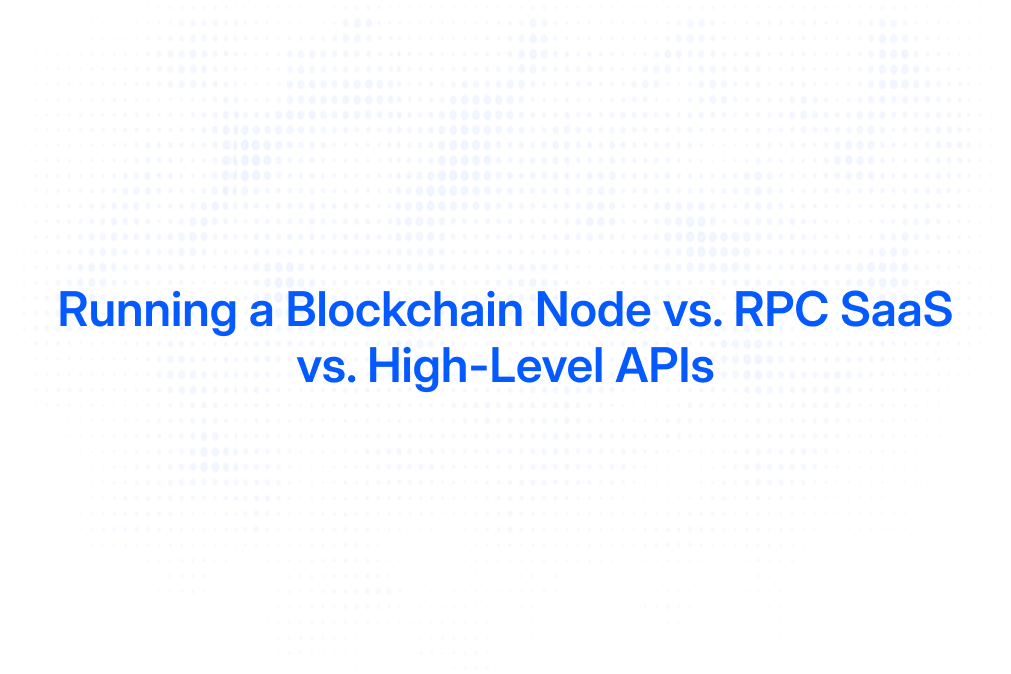Unveiling the Tezos Blockchain Technology
James Liu

Tezos is a dynamic blockchain platform known for its flexibility, primarily designed for establishing and governing secure, adaptable, and scalable decentralized applications (dApps) and smart contracts. The platform primarily stands out in its approach to the concept of blockchain governance.
Launched in 2018, Tezos was developed by Arthur Breitman and Kathleen Breitman. It is a blockchain project that underwent one of the most successful Initial Coin Offerings (ICOs) in history. The platform manages to accumulate about $232 million, which spawned interest and highlighted its potential in the crypto sphere.
What differentiates Tezos from many other similar platforms is its unique concept of “self-amendment."" It allows protocol-level changes to be implemented without requiring a hard fork, as manifestation in other blockchains like Bitcoin or Ethereum. Here, participants governing the network can vote on proposals for protocol improvements and amendments. Once a proposal is agreed upon, the protocol automatically changes itself to incorporate the update. Thus, Tezos can upgrade itself without dividing or disrupting the network.
Tezos also employs a strategy known as formal verification. This allows developers to mathematically prove the accuracy of their code logic responsible for financial transactions. It helps in eliminating bugs or errors that could lead to the loss of significant funds and increases the security of contracts ensuring they operate as designed.
The native cryptocurrency of the Tezos network is called the ""Tez"" or ""Tezzie"", and it is often denoted as XTZ. However, unlike many other crypto platforms, Tezos does not involve mining. Instead, it uses a consensus protocol known as Liquid Proof-of-Stake (LPoS). Token holders can help validate transactions on the network through a process called 'baking.' If a user cannot partake in baking, they have the option to delegate their stake to someone else who can.
Tezos also introduces an innovative governance model that focuses on allowing stakeholders to make decisions about the protocol’s development and future. It supports the concept of decentralized control, minimizing the risk of unilateral control by a single authority. This commitment to inclusive decision-making demonstrates the real essence of decentralization-- redistributing power to network participants, the core ethos of the blockchain technology.
Despite its potential and advanced features, Tezos is not without its challenges. Its launch was marred by legal issues related to its ICO, which resulted in delays and led to some skepticism from community members. However, it has maintained steady growth and development despite these setbacks.
In conclusion, Tezos offers a compelling model for scaling blockchain technologies. Its inbuilt mechanism for self-amendment, enhanced security through formal verification, and the innovative Liquid Proof-of-Stake consensus algorithm all position this platform as a serious contender in the blockchain space. These features, combined with its commitment to truly decentralized control, make Tezos an intriguing project to watch for future development in the blockchain ecosystem.
.svg)


.png)



